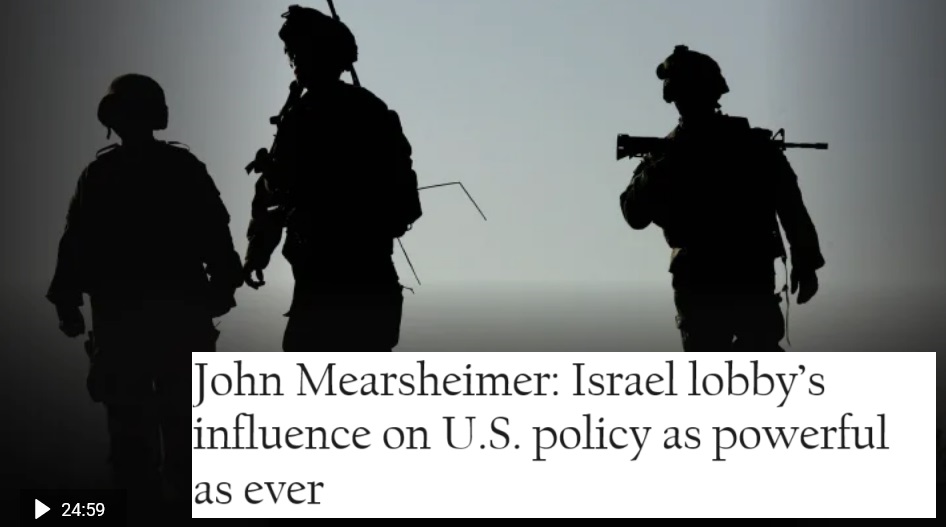Carlyle Group's Plan to Takeover the Banking System!
 Thursday, April 3, 2008 at 05:14PM
Thursday, April 3, 2008 at 05:14PM  So what's Treasury Secretary Henry Paulson's call for changes in regulation of the financial markets all about? A clue may have been revealed today by Randal Quarles, former Under Secretary of the Treasury who led the Treasury Department's effort in the coordination of the President's Working Group on Financial Markets and is a current Managing Director at Carlyle Group.
So what's Treasury Secretary Henry Paulson's call for changes in regulation of the financial markets all about? A clue may have been revealed today by Randal Quarles, former Under Secretary of the Treasury who led the Treasury Department's effort in the coordination of the President's Working Group on Financial Markets and is a current Managing Director at Carlyle Group.
Quarles spoke at a luncheon meeting of the Washington DC-based National Economists Club. His topic: "Restructuring Financial Regulation". Quarles told the luncheon group that he chose the topic in January. Hmmm. Didn't Treasury Paulson just make the proposal to restructure the financial regulatory agencies last week? How did Quarles pick this topic back in January? Short-answer, Quarles is a major insider and his comments should be monitored to get a sense for what insiders are thinking.
In his talk, Quarles said that estimates go into the hundreds of billions in terms of capital that will be required by the financial industry because of losses sustained as a result of the current crisis. He said there will be more financial institutions that will go under in coming months.
He said that public markets will not supply the necessary funds because they don't have the capabilities to study in detail the risks and potential rewards of the complex financials of financial institutions. He said private equity firms have the capabilities to do so and to supply the necessary funds. (N.B. Carlyle Group is a private equity firm).
Click to read more...








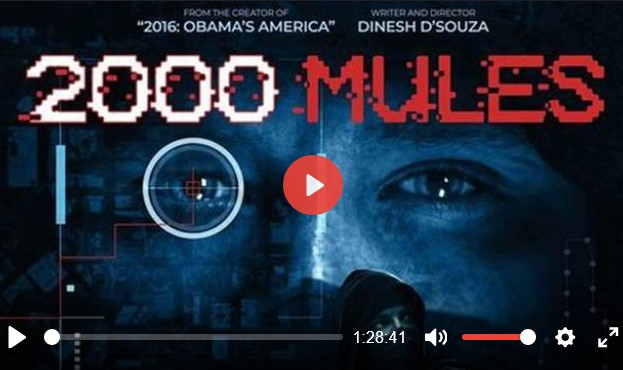










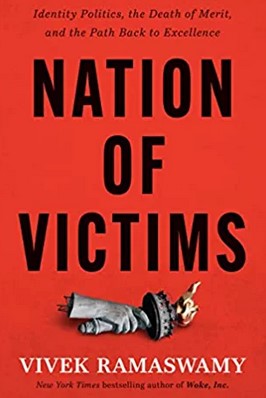
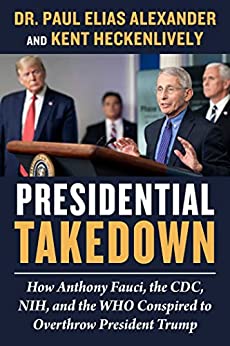

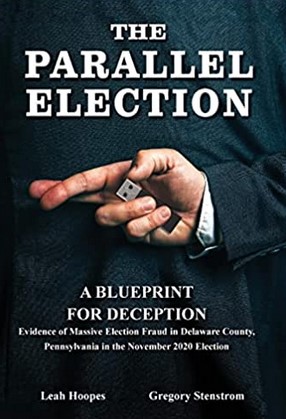


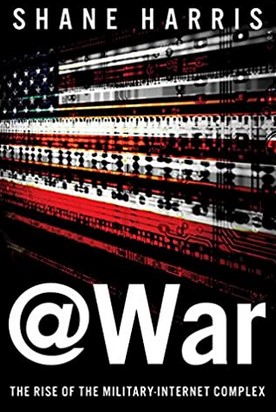




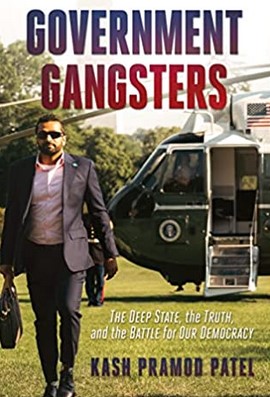
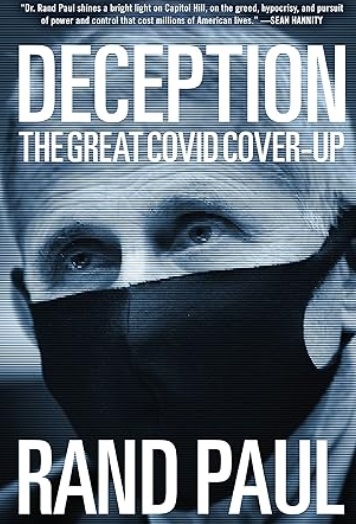
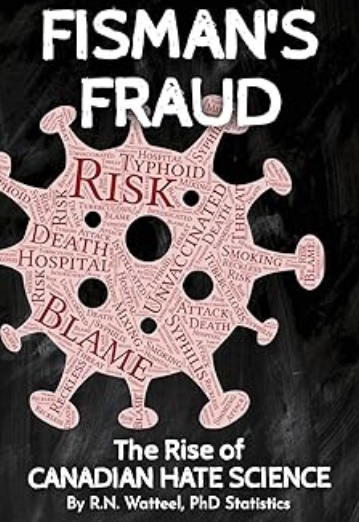






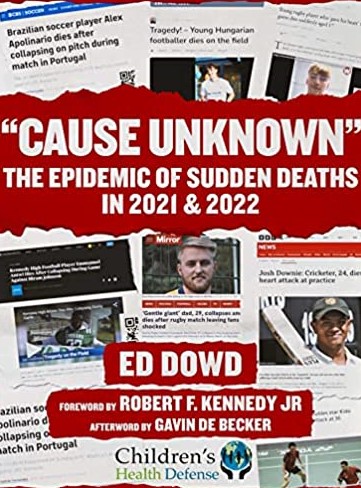






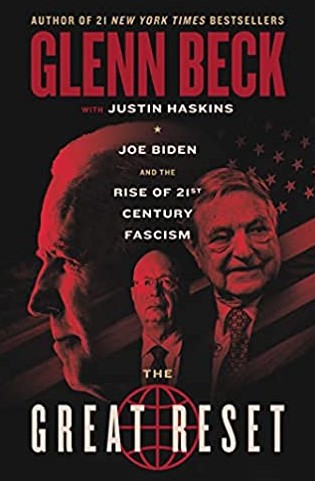






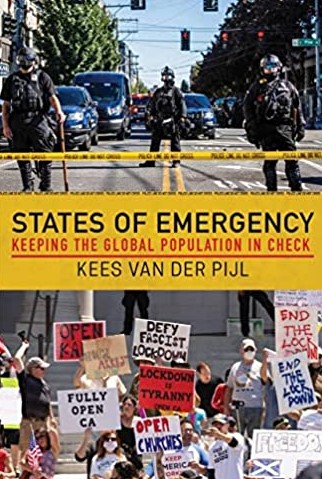













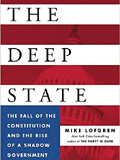
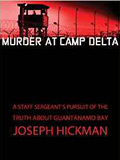



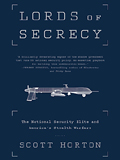







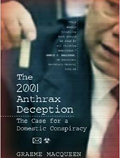


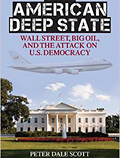



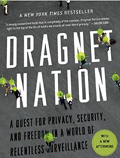




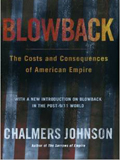










 Former Minnesota Governor Jesse Ventura vehemently savaged the official 9/11 story on a syndicated national radio show today, saying the WTC collapsed like a controlled demolition and was pulverized to dust as he also highlighted the impossible 10 second free fall speed of the towers.
Former Minnesota Governor Jesse Ventura vehemently savaged the official 9/11 story on a syndicated national radio show today, saying the WTC collapsed like a controlled demolition and was pulverized to dust as he also highlighted the impossible 10 second free fall speed of the towers.  The Defense Department has announced a new get-tough policy with colleges and universities that interfere with the work of military recruiters and Reserve Officer Training Corps programs.
The Defense Department has announced a new get-tough policy with colleges and universities that interfere with the work of military recruiters and Reserve Officer Training Corps programs. Setting a withdrawal timetable from Iraq might be a shaky strategic move, but it would provide a morale boost for service members and their families, a former Army War College commandant said Wednesday.
Setting a withdrawal timetable from Iraq might be a shaky strategic move, but it would provide a morale boost for service members and their families, a former Army War College commandant said Wednesday. Late in the day on 9/11, CNN put out a story that began: “Barbara Olson, a conservative commentator and attorney, alerted her husband, Solicitor General Ted Olson, that the plane she was on was being hijacked Tuesday morning, Ted Olson told CNN.” According to this story, Olson reported that his wife had “called him twice on a cell phone from American Airlines Flight 77,” saying that “all passengers and flight personnel, including the pilots, were herded to the back of the plane by armed hijackers. The only weapons she mentioned were knives and cardboard cutters.”
Late in the day on 9/11, CNN put out a story that began: “Barbara Olson, a conservative commentator and attorney, alerted her husband, Solicitor General Ted Olson, that the plane she was on was being hijacked Tuesday morning, Ted Olson told CNN.” According to this story, Olson reported that his wife had “called him twice on a cell phone from American Airlines Flight 77,” saying that “all passengers and flight personnel, including the pilots, were herded to the back of the plane by armed hijackers. The only weapons she mentioned were knives and cardboard cutters.” A proposal to take genetic material from people charged with certain crimes cleared the legislature yesterday(4-1-08) after weeks of debate.
A proposal to take genetic material from people charged with certain crimes cleared the legislature yesterday(4-1-08) after weeks of debate. The military is using the FBI to skirt legal restrictions on domestic surveillance to obtain private records of Americans' Internet service providers, financial institutions and telephone companies, the ACLU said Tuesday.
The military is using the FBI to skirt legal restrictions on domestic surveillance to obtain private records of Americans' Internet service providers, financial institutions and telephone companies, the ACLU said Tuesday. Stuck on the tarmac, flipping through a travel magazine, you're struck by the blurb for metal-lined wallets. Purpose: to prevent digital pickpocketing by blocking radio frequencies.
Stuck on the tarmac, flipping through a travel magazine, you're struck by the blurb for metal-lined wallets. Purpose: to prevent digital pickpocketing by blocking radio frequencies.  Ben S. Bernanke, the chairman of the Federal Reserve, presented his bleakest assessment yet of the economy on Wednesday morning, warning a Congressional committee that economic growth was likely to stagnate — and perhaps even contract — over the first half of the year.
Ben S. Bernanke, the chairman of the Federal Reserve, presented his bleakest assessment yet of the economy on Wednesday morning, warning a Congressional committee that economic growth was likely to stagnate — and perhaps even contract — over the first half of the year.



